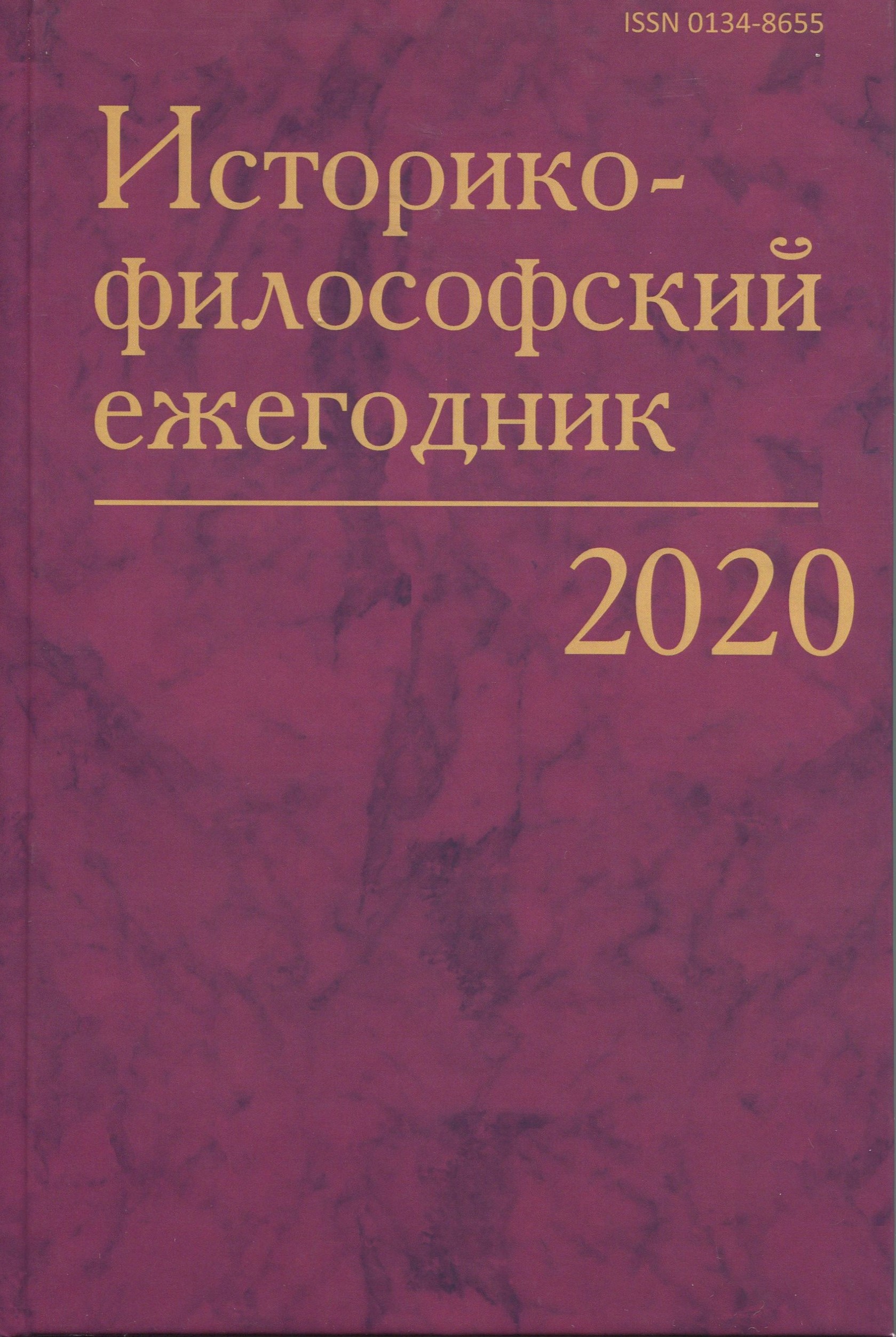Is Fundamental Ontology Possible?
Keywords:
ontology, fundamental ontology, metaphysics, fundamental theology, M. Heidegger, Chr. Wolff, A. G. Baumgarten, I. Kant, C. BraigAbstract
The issue of the paper is the question if the fundamental ontology is possible. To answer it, I outline the sources of the term “ontology” in the 17th century and its development and modification in the 18–19th centuries. The contribution argues that the origin of the term “fundamental ontology” in M. Heidegger is due to both the analogy with the fundamental theology and C. Braig’s works’ influence. Heidegger’s claims to the “true” ontology revealed to him had pseudoethymological, pseudohistorical, and doubtful philosophical foundations. Heidegger’s pseudoethymological and pseudohistorical arguments are explained with his treatment of A. G. Baumgarten and I. Kant’s works. Doubtful philosophical foundations are defined with the impossibility of Heidegger’s fundamental ontology to claim to have a certain general significance or fundamentality in Aristotle and Kant's spirit, his anachronistic metascientist claims, personal taste, as well as a wish to ensure transcendental nature to existentials. As a result, the answer to the question is as follows: in a descriptive sense, there is “Heidegger’s fundamental ontology” while there is no fundamental ontology in general, and it has never existed – probably because of its impossibility

